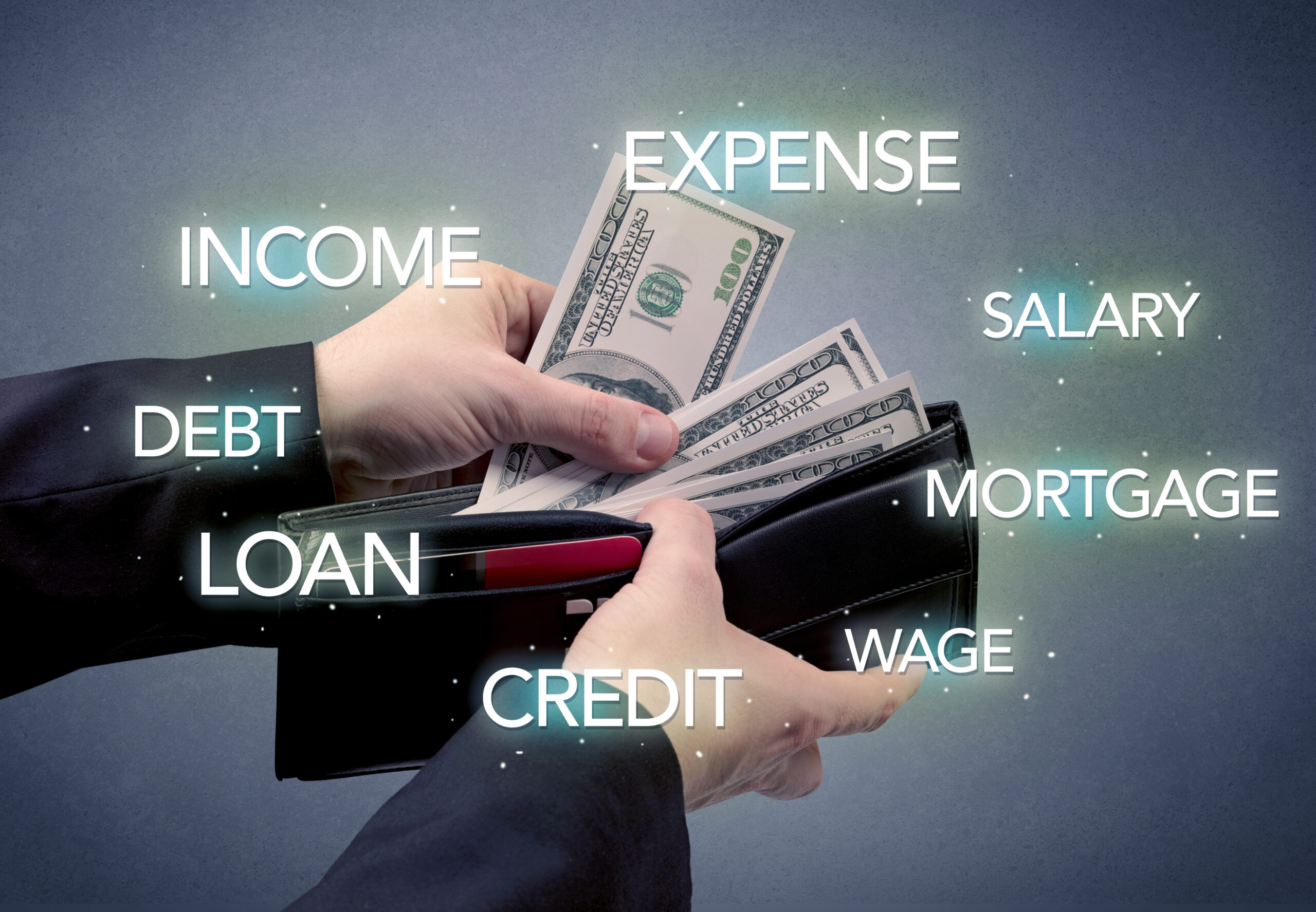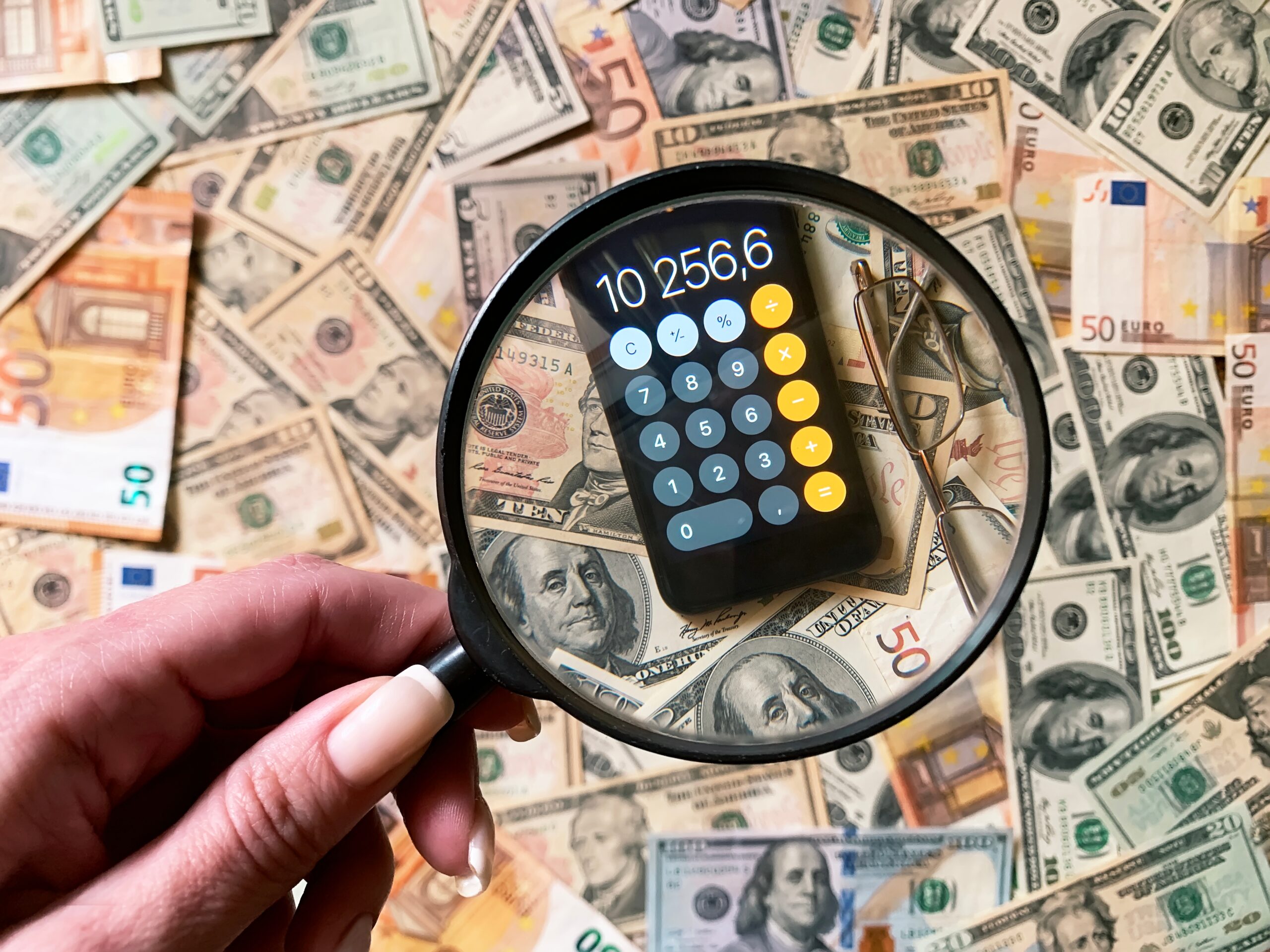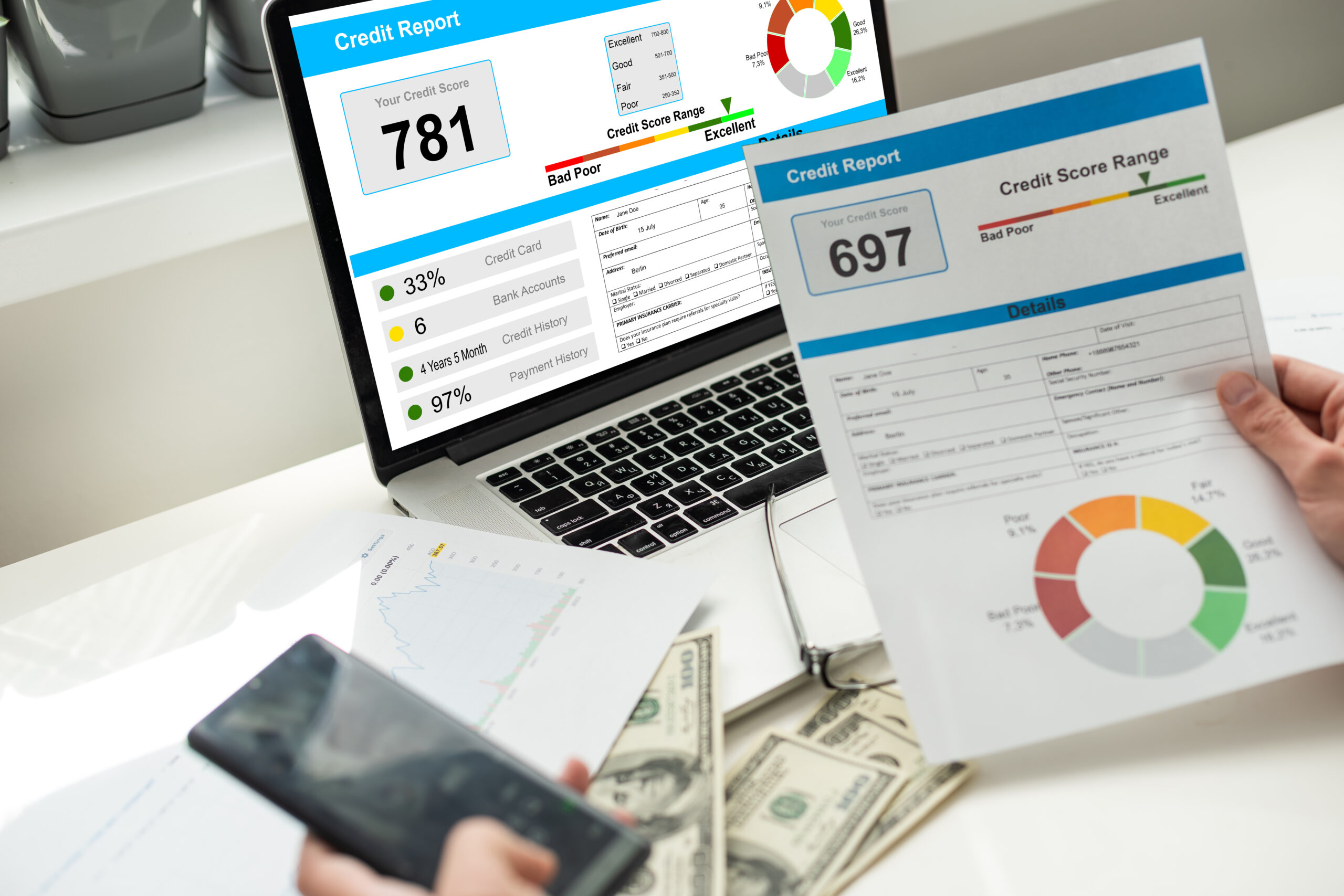Let’s be honest: debt is exhausting. It’s like carrying a backpack full of bricks while trying to run a marathon — uphill, in flip-flops. So when someone suggests you “just use a loan for debt consolidation,” it can sound like a miracle. One payment. Lower interest. Fresh start. Cue the financial confetti, right?
Not so fast.
While the idea of using a loan to pay off multiple debts sounds like a glow-up, it’s often just a well-dressed detour back into the same mess. Especially if your spending habits haven’t changed. Think of it like cleaning your room by shoving everything into the closet — it looks better, but the chaos is still there, waiting to spill out.
In 2025, with interest rates bouncing like a toddler on a sugar high and lenders tightening their belts, using a loan for debt consolidation has become a popular — but risky — move. According to UMA Technology, many borrowers who use a loan for debt consolidation end up deeper in debt within 12 months. Why? Because they treat the loan like a reset button, not a wake-up call.
This article is for anyone who’s ever thought, “Maybe I’ll just take out a loan and fix this.” We get it. We’ve been there. But before you sign on the dotted line, let’s talk about what really happens when you use a loan for debt consolidation — and how to break the cycle for good.
🎢 The Debt Cycle: Why One Loan Becomes Many

Using a loan for debt consolidation can feel like financial spring cleaning. You sweep away your messy credit card balances, bundle them into one tidy loan, and breathe a sigh of relief. But if you don’t change the habits that got you into debt, you’re just rearranging the furniture in a burning house.
Here’s how the cycle works: you pay off your cards with a loan, feel free again, and start swiping. Within months, the cards are maxed out again — and now you’ve got the original loan plus new balances. It’s like pressing snooze on a financial alarm clock that’s only getting louder.
According to Forbes, debt consolidation only works if you stop accumulating new debt. Otherwise, you’re just stacking liabilities like Jenga blocks — and eventually, it all comes crashing down.
So before you use a loan for debt consolidation, ask yourself:
Have I created a budget?
Do I have an emergency fund?
Am I ready to stop using credit as a crutch?
If the answer is “not yet,” pause. Because the loan isn’t the solution — you are.
💸 The Hidden Costs of “Quick Fix” Loans

Let’s talk about the fine print — because when you use a loan for debt consolidation, the devil is in the details. Sure, some loans offer lower interest rates than credit cards. But others? They’re financial landmines.
High-risk loans like payday loans, title loans, and subprime personal loans often come with APRs north of 300%, according to InCharge.org. That’s not a solution — that’s a trap. Even traditional personal loans can be sketchy if they include:
Origination fees
Prepayment penalties
Long terms that rack up interest
Mitigately warns that using a loan for debt consolidation without reading the fine print can lead to higher total costs over time. So while the monthly payment might look cute, the long-term damage can be brutal.
Before you use a loan for debt consolidation, do the math. Compare interest rates, fees, and payoff timelines. And most importantly, make sure the loan is part of a bigger plan — not just a Band-Aid on a bullet wound.
🧠 Behavioral Traps: Why Debt Feels Like a Solution

Debt is sneaky. It whispers sweet nothings like “You deserve this” and “You’ll figure it out later.” And when you use a loan for debt consolidation, it can feel like you’re finally taking control. But unless you change your mindset, you’re just moving the problem around.
Psychologists call this “debt reshuffling” — the act of moving debt from one place to another to feel productive. But it’s like rearranging deck chairs on the Titanic. Without a budget, accountability, and behavior change, the ship still sinks.
Jason’s Fin Tips notes that many borrowers who use a loan for debt consolidation relapse into old habits within six months. Why? Because they never addressed the emotional triggers behind their spending.
So before you use a loan for debt consolidation, ask:
Am I spending to cope with stress, boredom, or comparison?
Do I have systems in place to track and limit spending?
Can I commit to a debt-free lifestyle?
If not, start there. Because the loan isn’t the fix — it’s just a tool. And tools only work when you use them wisely.
📉 Credit Score Consequences and Long-Term Impact

Using a loan for debt consolidation might give your credit score a temporary boost — especially if it lowers your utilization. But long-term? It can backfire.
Every loan application triggers a hard inquiry, which can ding your score. And if you miss payments or default, the damage can last for years. Plus, opening new accounts shortens your average credit age, which can lower your score even if you’re paying on time.
Prudent Financial Solutions warns that using a loan for debt consolidation without a payoff plan can limit your future borrowing options. That’s a big deal if you’re planning to buy a home, start a business, or qualify for better financial products.
So before you use a loan for debt consolidation, make sure it’s part of a long-term strategy — not just a short-term escape.
✅ Smarter Alternatives: Use A Loan For Debt Consolidation Only If You’ve Done This First

Here’s the truth: using a loan for debt consolidation can work — but only if you’ve done the prep work. That means:
Audit your spending: Know where your money goes.
Increase income: Freelance, sell stuff, ask for a raise.
Build an emergency fund: So you don’t rely on credit in a crisis.
Choose a payoff method: Snowball (smallest debt first) or avalanche (highest interest first).
Freeze your credit cards: Literally. Put them in a block of ice.
If you’ve done all that and still want to use a loan for debt consolidation, go for it — but do it with eyes wide open. Compare rates, read the fine print, and commit to never using those paid-off cards again.
Because the goal isn’t just to consolidate — it’s to conquer.
Final Thoughts: Don’t Use A Loan For Debt Consolidation Without a Plan
Debt is emotional. It’s heavy, frustrating, and sometimes feels like it’s running the show. So when someone suggests you use a loan for debt consolidation, it can sound like the perfect escape hatch. But without a plan, it’s just a temporary fix — one that often leads right back to the same stress, just with a new lender and a fresh round of interest.
Before you sign anything, take a breath. Look at your spending. Build a budget. Ask yourself if this loan is part of a long-term solution — or just a way to delay the discomfort. Because the truth is, you don’t need another loan. You need a strategy. One that’s rooted in clarity, consistency, and a real commitment to change.
If you do choose to use a loan for debt consolidation, make sure it’s backed by a plan to stay out of debt — not just get out of it. That’s how you break the cycle and build something better.
You’ve got this. And we’re here to help you do it right.









